6 Nutrition Mistakes to Avoid on Your Fitness Journey
The health and fitness world is always evolving. And with advice changing daily, nutrition mistakes are quite common. However, it is crucial to be aware of the mistakes that could significantly impact your progress on your fitness journey. You know what advice I’m talking about. Intermittent fasting, only eating one meal a day, and eating less to weigh less advice. The advice that has you eating a salad and a green smoothie and killing yourself five days a week in the gym only to end up feeling exhausted, defeated, and still not seeing the results you want. Or maybe that strategy worked for you initially, but now you’ve seemed to hit a major plateau and can’t seem to push past it without trying the next fad diet or increasing your activity.
But the good news is that knowledge is power, and by identifying and rectifying common nutrition mistakes, you can get back on the path to success. In this blog post, we will dive deep into 6 of the all-too-common nutrition mistakes that can sabotage your fitness progress. Whether you’re a seasoned fitness enthusiast or just starting on your health journey, consider this a guide that will help you avoid these pitfalls and set you on the path to a healthier, happier you.
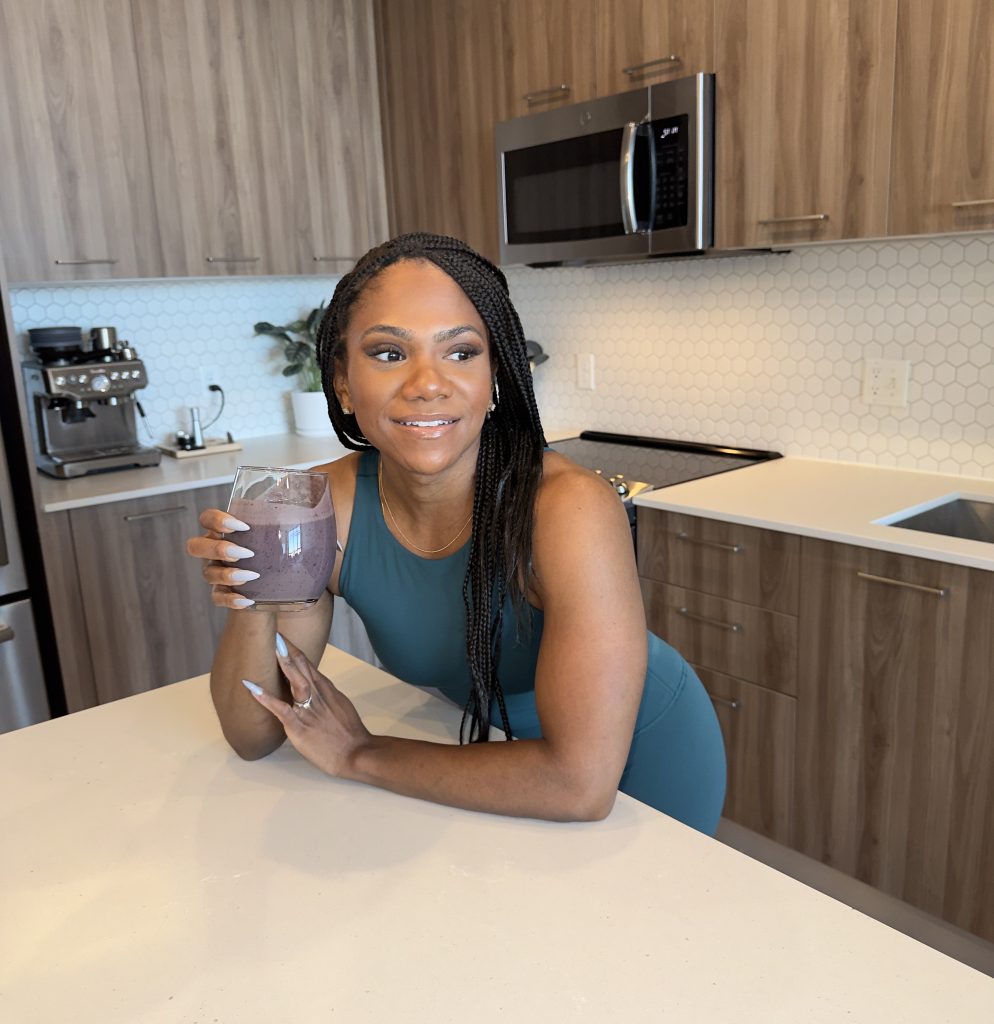
1. Drastically Cutting Calories
Drastically cutting calories might seem like a fast track to weight loss, but this nutrition mistake can seriously affect your overall fitness goals. I know what you’re thinking: don’t I need to eat less to lose weight? And the less I eat, the more weight I should lose, right? Not necessarily! Sure, you need to be in a calorie deficit to lose weight (meaning you’re consuming fewer calories than your body burns). However, there is a right way to go about this and a wrong way.
Think of your body as a finely tuned machine; it needs fuel to function optimally. When you significantly reduce your calorie intake, you deprive your body of the energy it needs to perform at its best. This can lead to fatigue, muscle loss, a slower metabolism, and hormone disruption. Plus, this method is not sustainable in the long run. For example, let’s say you plug your information into an online fitness calculator, and it says to lose 1lb per week, you should eat 1200 calories. So you do that, along with five days of killer tough workouts. And ok, maybe you lose some weight initially, but then you hit a plateau; now what? You have to cut another 500 calories, leaving you only eating 700 calories. Do you see where I’m going with this?
What Should You Do?
Instead of drastically cutting calories, focus on making gradual, sustainable changes to your eating habits. It’s not about eating less; it’s about eating smarter. It’s about eating nourishing foods that will give you energy, keep you full, and help build and maintain the muscle you’re working hard to build in the gym. That means focusing on getting adequate protein, healthy carbs and fats, and lots of fiber in the form of fruits and vegetables. When you start eating minimally processed whole foods, you’ll notice you start to feel full longer, have fewer cravings, and will naturally be eating slightly less. I love this Mind Pump Podcast episode, as they explain exactly what happens when you drastically cut calories and why it can hinder your fitness goals.
2. Not Eating Enough Protein
Not eating enough protein is a nutrition mistake that kills your gym progress. How so, you may ask? Well, you know that lean and toned look you’re trying to achieve? Or that PR that you’re trying to hit on your deadlift? That requires muscle and strength, and protein is crucial to building and maintaining both. Studies show that a diet high in protein and strength training contributes to greater strength and muscle mass and helps preserve muscle even when calories are lowered, as in the case of weight loss efforts. Sufficient muscle mass also helps increase your metabolism by helping you burn more calories at rest. This means that even after you finish your workout, your body still burns calories.
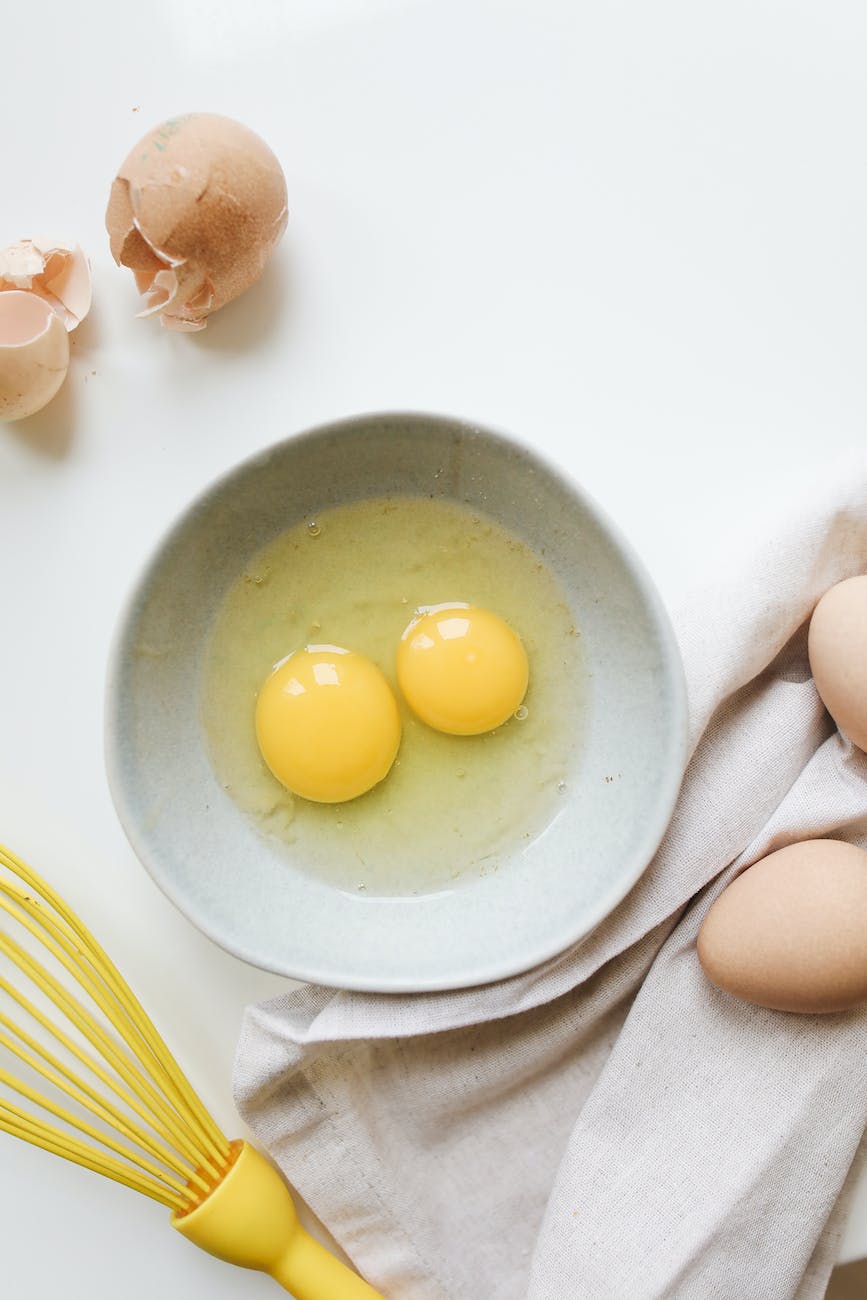
What Should You Do?
The recommended protein intake for active adults looking to build muscle is between 1.6–2.4 grams per kilogram of body weight or 0.73–1.10 grams per kilogram of body weight. But before you stress about the numbers, let’s make small changes. Focus on including a source of lean protein in every meal. Some examples of protein include chicken, eggs, fish, turkey, lean cuts of beef, tofu, tempeh, and Greek yogurt. Another benefit of protein is that it is incredibly satiating, meaning you get full faster and stay full longer. Take advantage of this by eating your protein first and then moving on to veggies and carbs. This method ensures you get full off the most essential part of the meal first: protein and fiber. For help determining the appropriate protein requirements for your specific goals, check out this Optimal Protein Intake Guide featured on Examine.com.
3. Eating Processed Foods
We are constantly surrounded by quick, cheap, processed meals designed to be extremely tasty and keep us wanting more. The problem with processed food is that they are stripped of their nutrients to extend the shelf life (meaning they won’t go bad quickly) and make them addicting to keep us eating and buying more. I mean, think of it: how many times have you gone to your favorite Mexican restaurant, and they put a basket of tortilla chips in front of you, and you promise yourself you’ll only have one, and next thing you know, you’ve finished the whole basket before you’ve even ordered your tacos! I’ve been there. We all have. And maybe it’s not tortilla chips for you, but it’s your favorite ice cream or dessert. Processed foods are filled with sugar, salt, and fats, making them taste good. But it also makes them high in calories and low in nutrients such as fiber. This is why it’s so easy to eat so much of these foods and still be hungry. It’s also the reason you can eat a basket of tortilla chips and then still have room for tacos (well, that and the margs, but we’ll get to that)
What Should You Do?
Focus on eating whole foods. You’ve probably heard of the shop the perimeter strategy for grocery shopping. This is where you will find most of the whole natural foods, think fresh produce, butcher, and seafood counter. This should make up 80-90% of your grocery list. The rest of the aisles are where you’ll find processed foods. Try limiting these foods as much as possible. Again, it’s not about eating less, but rather eating smarter.
4. Skipping Meals
Skipping meals goes hand in hand with drastically cutting calories. I’ve seen this a lot, especially with females. You wake up in the morning, and you’re not necessarily hungry, so you go to the gym for your morning workout, grab a coffee on the way to work, and then end up having your first meal around lunchtime. The issue with this is that now you’ve missed out on an opportunity to get quality nutrients in your body. When you skip meals, you’re depriving your body of the energy it needs to power through workouts and recover afterward. After a demanding workout, your body needs fuel to repair and rebuild muscle tissues. Skipping meals means your body lacks the necessary building blocks for this process, delaying recovery and potentially leaving you feeling sore and fatigued. Another issue with skipping meals is that it can trigger intense hunger later in the day, leading to overeating and poor food choices. How often have you called yourself skipping lunch to “save your calories” for a dinner date at a restaurant? And what happens? You end up arriving to dinner STARVING! Remember those tortilla chips? Yeah, well, they didn’t stand a chance!
What Should You Do?
Eat balanced meals to properly fuel your body and your workouts. Each meal should contain a protein source, carbohydrates, and healthy fats. Breakfast is the most important meal of the day, and it also sets the stage for the rest of your day. Think of the word breakfast; it literally means breaking the fast. It’s the first thing you’re putting into your body after a night of fasting. Eat a healthy breakfast high in protein, and skip the bagels and pastries. This will give you sustained energy throughout the morning and help prevent your blood sugar from spiking, which often leads to that midday crash where you want to reach for another cup of coffee or, better yet, crawl under your desk for a nap!
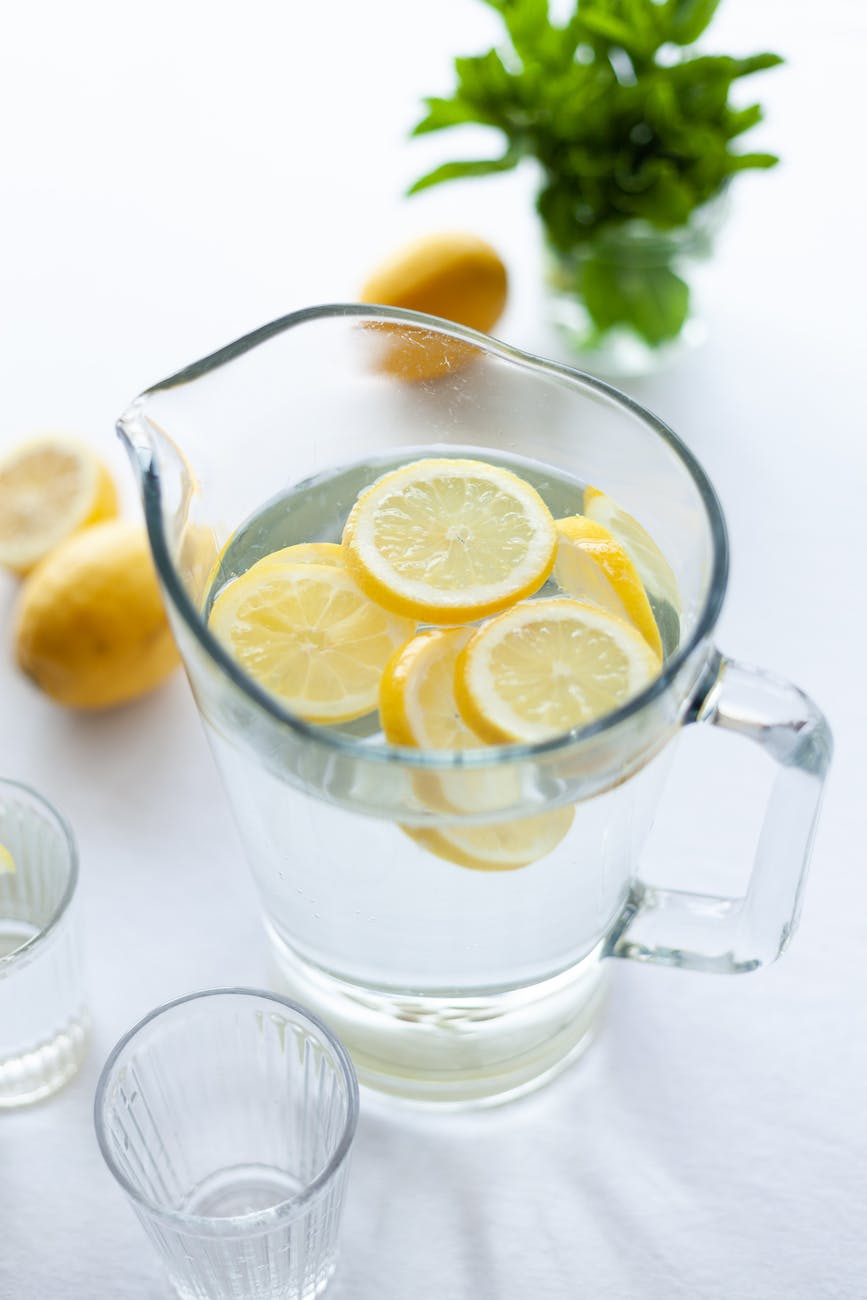
5. Not Drinking Enough Water
Girl, you’re thirsty! I mean it, like actually thirsty. But really, your body is 70% water, and hydration impacts everything, from your energy levels and mental clarity to the health of your skin, hair, and nails. But it doesn’t stop there. Water plays a significant role in regulating your appetite and eating habits. When you’re adequately hydrated, it’s like giving your body a signal that all systems are a go. You’re less likely to confuse thirst with hunger, making it easier to make healthy food choices and control portions.
What should you do?
Aim to drink half your body weight in ounces. For example, if you weigh 160 pounds, you will need to drink 80 ounces of water. Grab your favorite refillable water bottle and get to drinking!
6. Drinking Alcohol
Which leads us to alcohol. I know you’ve heard it a million times. Drinking alcohol is bad for your health. Well, it’s true. But why exactly? And what does it have to do with your nutrition? I mean as long as you push past your hangover to make it to the gym in the morning, who really cares? Well, it’s not that simple. Alcohol is a toxin; when you drink alcohol, your body prioritizes metabolizing it over other nutrients. This means that while your body is processing alcohol, it may temporarily stop burning fat for energy. This can potentially lead to more fat storage, especially if you consume alcohol in excess.
Alcohol is also a sneaky source of empty calories. It provides no nutritional value but can easily add hundreds of extra calories to your daily intake. These empty calories can throw off the carefully planned balanced meals we previously talked about.
And it doesn’t just stop at calories. Alcohol is notorious for lowering inhibitions and impairing judgment, which often leads to poor food choices. Remember those tortilla chips? Well, add a margarita to the equation, and next thing you know, you’re asking for another basket! (I’m guilty of this one)
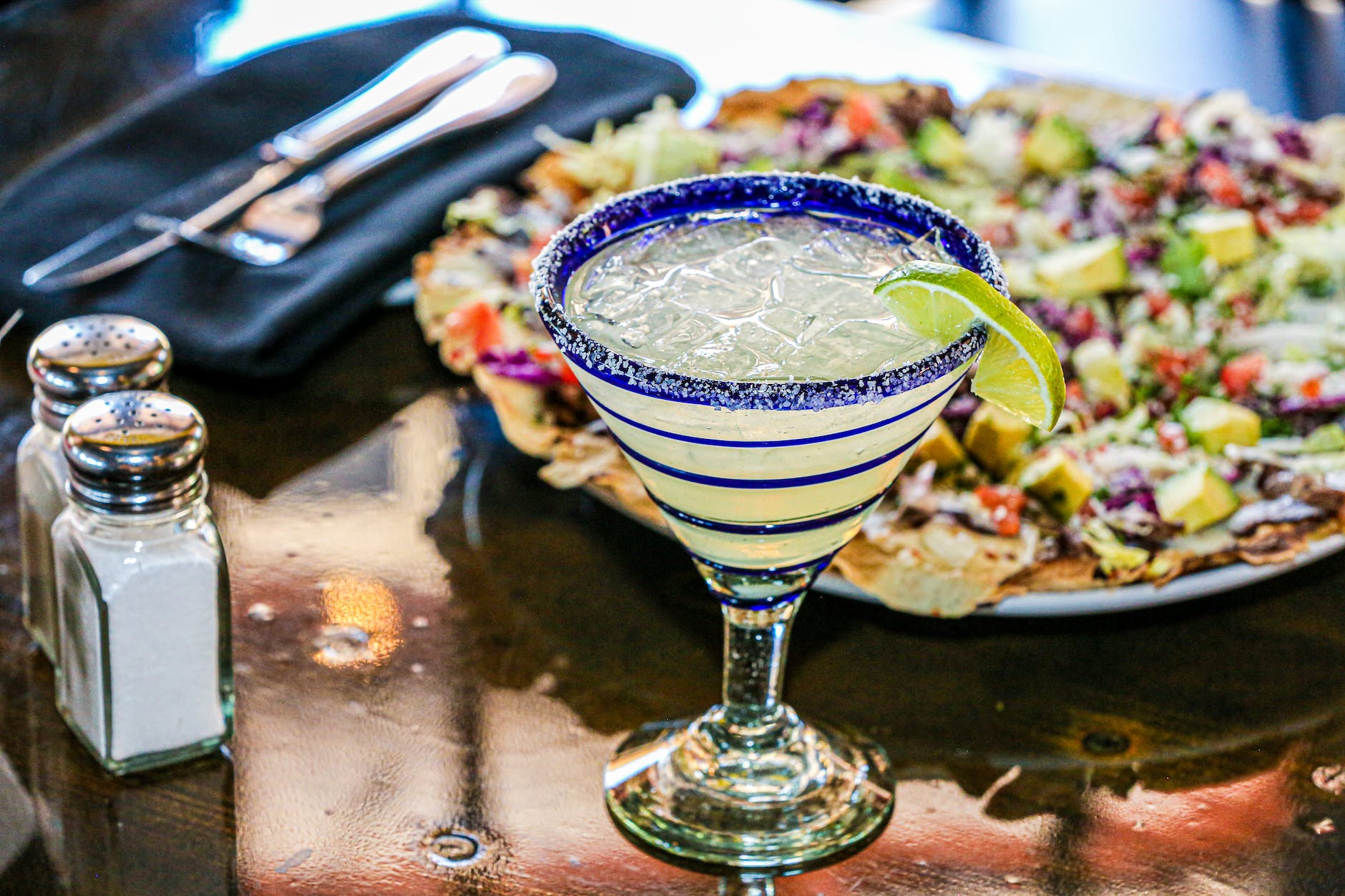
What Should You Do?
We’re all adults here. So I’m not here to tell you what to do. But you should definitely take a close look at your relationship with drinking and how it’s impacting your goals. Why are you drinking? Is it to wind down after a stressful day or relax in a social setting? How do you feel after a night of drinking? How did you sleep? How was your workout the next day? Or did you even make it to the gym? And then ask yourself, is it worth it? And if your answer is yes, then so be it! But if it’s not, then consider cutting back or only drinking on special occasions. Also, setting a drink limit, such as 1 to 2 drinks per week, helps keep you accountable.
Learn From the Mistakes
As in anything in life, mistakes are a part of the journey, but learning from them is where progress begins. We’ve explored some of the most common nutrition blunders, from drastic calorie-cutting to skipping meals and even the impact of alcohol on our fitness goals. The key takeaway is this: nutrition is about finding balance, not deprivation. It’s about giving your body the best forms of nutrition possible, nourishing it with the foods it needs to perform at its best. Focus on creating a sustainable, balanced approach to eating that suits your lifestyle. Think of your body as a masterpiece and the nutrients you provide it with as the colors on your palette. Mixing them wisely allows you to paint a vibrant, happy, and healthy life. So, here’s to nourishing your body, finding your balance, and embracing a journey toward lasting well-being. Don’t forget to reach out if you need help with your nutrition goals!

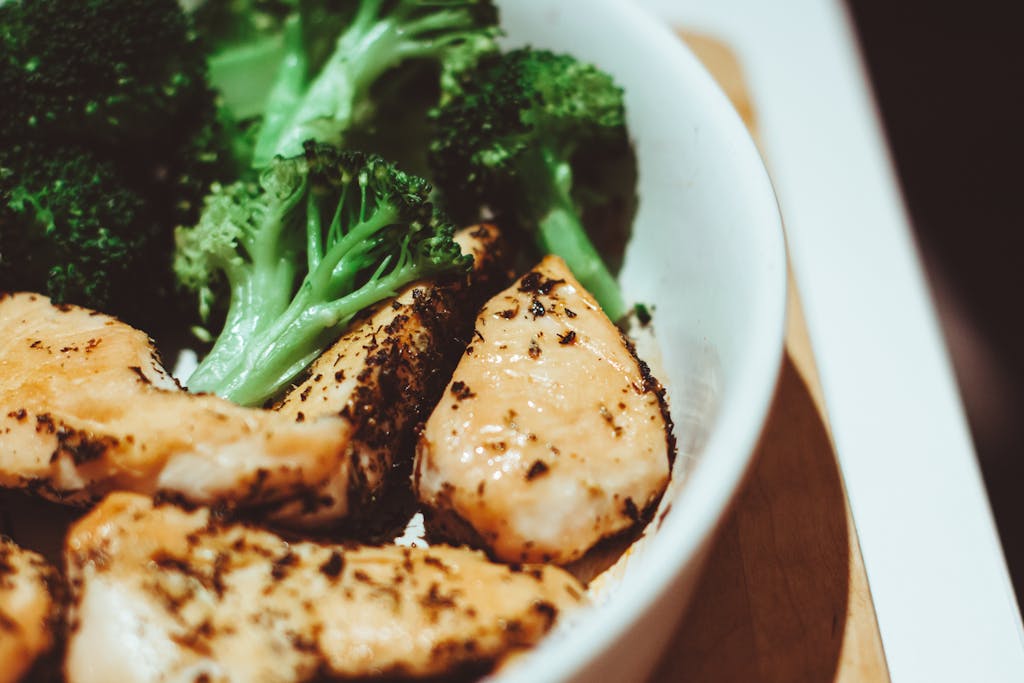
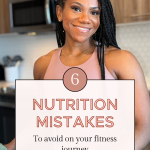
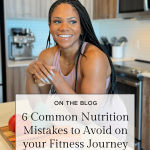
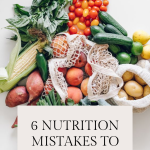

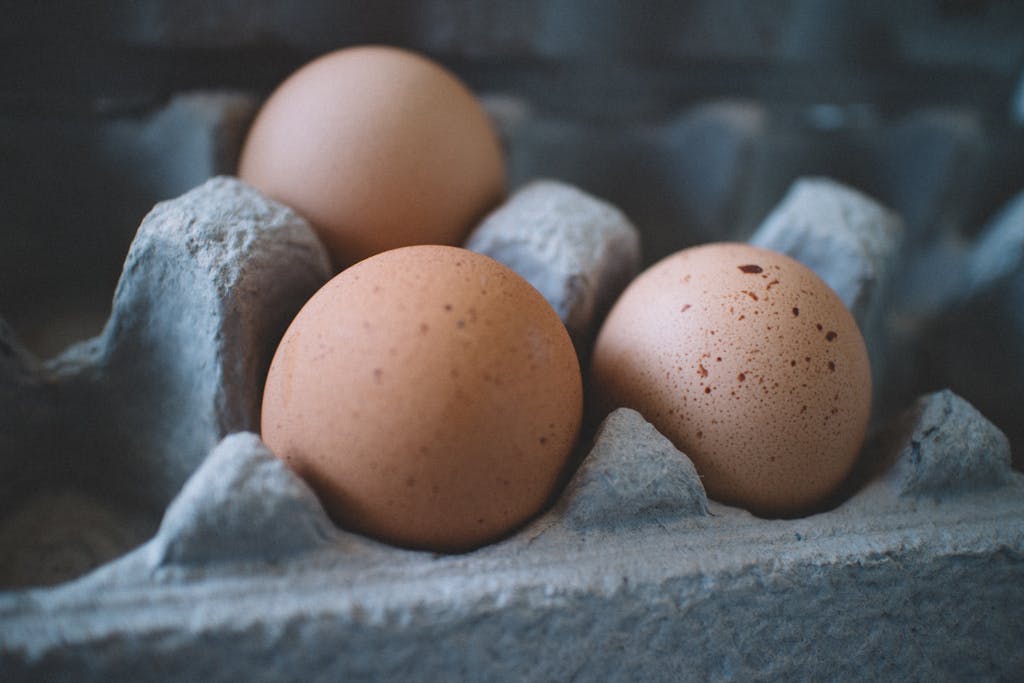


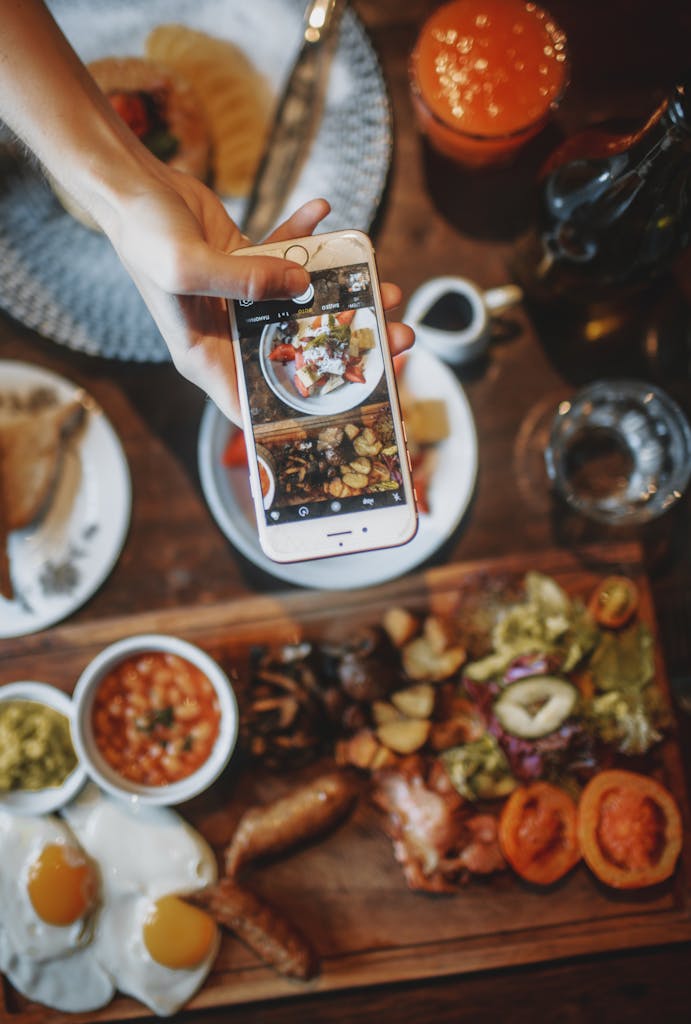
I’m really happy I found this post! The tips and
advice you’ve shared are exactly what I’ve been looking for – actionable, informative, and super timely for anyone who cares about their
health. I’ll be linking to this on my blog about healthy eating because this is what they’re looking for.
Looking forward to more from you!